Spirulina powder, derived from the Arthrospira platensis and Arthrospira maxima species of cyanobacteria, has ancient origins dating back centuries. Historically, Spirulina was consumed by various civilizations around the world, including the Aztecs in Mesoamerica and the Kanembu tribe in Africa’s Lake Chad region. The Kanembu harvested Spirulina from the lake and formed it into cakes for consumption, while the Aztecs collected it from Lake Texcoco and surrounding areas, where it was known as “tecuitlatl.” These civilizations recognized Spirulina as a nutrient-rich food source, valued for its high protein content and abundance of vitamins and minerals.
In the modern era, Spirulina’s popularity surged as researchers began to uncover its nutritional benefits. In the 1960s and 1970s, scientists and nutritionists began exploring Spirulina as a potential solution to malnutrition in developing countries. Its high protein content, along with essential vitamins and minerals, made it a promising candidate for addressing nutritional deficiencies. Spirulina cultivation became widespread, particularly in regions with warm climates conducive to its growth. Today, Spirulina powder is widely available as a dietary supplement, prized for its nutritional density and potential health benefits, including immune support, detoxification, and antioxidant properties.
Vitamins & Minerals:
Spirulina is a type of blue-green algae that is often consumed as a dietary supplement due to its rich nutritional profile. It contains a variety of vitamins and minerals essential for human health. Some of the key vitamins found in spirulina powder include vitamin A, vitamin K, and several B vitamins such as B1 (thiamine), B2 (riboflavin), B3 (niacin), B6 (pyridoxine), and B9 (folate). Vitamin A is important for vision, immune function, and skin health, while vitamin K plays a crucial role in blood clotting and bone health. The B vitamins are involved in various metabolic processes in the body, including energy production, nerve function, and DNA synthesis.
In addition to vitamins, spirulina powder is also rich in minerals. It contains significant amounts of iron, magnesium, potassium, and calcium, among others. Iron is essential for the production of hemoglobin, which carries oxygen in the blood, while magnesium is involved in hundreds of biochemical reactions in the body, including muscle and nerve function. Potassium plays a key role in regulating blood pressure and muscle contractions, and calcium is crucial for bone health and muscle function. Spirulina also contains trace minerals like zinc, selenium, and manganese, which are important for various physiological processes such as immune function, antioxidant defense, and enzyme activity. Overall, the vitamins and minerals in spirulina powder contribute to its reputation as a nutrient-dense superfood with potential health benefits.
Probiotic, Prebiotic, or Postbiotic:
Spirulina powder, derived from the Arthrospira platensis or Arthrospira maxima species of cyanobacteria, is often touted for its nutritional benefits, including its high protein content, vitamins, minerals, and antioxidants. While it’s not typically considered a probiotic, prebiotic, or postbiotic in the traditional sense, it can indirectly support gut health in several ways.
- Prebiotic-like effects: Although not a true prebiotic, spirulina contains certain polysaccharides and fibers that can serve as substrates for beneficial gut bacteria. These compounds can promote the growth and activity of beneficial microbes in the gut, indirectly contributing to gut health.
- Anti-inflammatory properties: Spirulina has been shown to possess anti-inflammatory properties due to its phycocyanin content, which may help in maintaining a healthy gut environment. Inflammation in the gut can disrupt the balance of gut microbiota, so reducing inflammation can indirectly support gut health.
- Antioxidant activity: The antioxidants found in spirulina, such as phycocyanin and beta-carotene, can help combat oxidative stress in the body, including in the gut. Oxidative stress can negatively impact the gut microbiota composition, so by reducing oxidative stress, spirulina may indirectly support a healthy gut environment.
- Nutrient support for probiotics: While not a probiotic itself, spirulina provides nutrients that can support the growth and activity of probiotic bacteria. For example, its high protein content can serve as a source of amino acids for gut microbes.
- Potential postbiotic effects: Postbiotics are the metabolites produced by probiotic bacteria that confer health benefits. While spirulina doesn’t directly produce postbiotics, its consumption may support a gut environment conducive to the production of beneficial postbiotics by probiotic bacteria.
In summary, while spirulina powder is not a probiotic, prebiotic, or postbiotic in the traditional sense, its nutritional composition and bioactive compounds can indirectly support gut health by promoting the growth of beneficial gut bacteria, reducing inflammation and oxidative stress, and providing nutrients that support probiotic activity.
Dietary & Health Information:
Spirulina powder, derived from the blue-green algae Arthrospira platensis or Arthrospira maxima, is renowned for its rich nutritional content and potential health benefits. Here’s an overview of its dietary and health information, along with recommended dosage guidelines:
- Nutritional Profile:
- Spirulina is a powerhouse of nutrients, containing significant amounts of protein, vitamins (especially B vitamins like B1, B2, and B3), minerals (such as iron, magnesium, and potassium), essential fatty acids (including gamma-linolenic acid or GLA), and antioxidants (like phycocyanin and beta-carotene).
- It is particularly prized as a source of complete protein, meaning it provides all nine essential amino acids required by the human body.
- Health Benefits:
- Boosting Immune Function: Spirulina’s high concentration of nutrients, antioxidants, and anti-inflammatory compounds may help enhance the immune system’s response.
- Supporting Heart Health: Some studies suggest that spirulina may help lower “bad” LDL cholesterol levels and reduce blood pressure, thereby potentially benefiting cardiovascular health.
- Detoxification: Spirulina’s chlorophyll content may aid in detoxifying heavy metals from the body.
- Antioxidant Properties: The antioxidants present in spirulina may help combat oxidative stress and reduce the risk of chronic diseases.
- Anti-inflammatory Effects: Spirulina contains compounds that possess anti-inflammatory properties, which may benefit conditions like arthritis.
- Improving Muscle Strength and Endurance: Athletes often use spirulina as a natural supplement to enhance performance and recovery.
- Dosage:
- The recommended dosage of spirulina powder can vary depending on individual factors such as age, health status, and specific health goals.
- As a general guideline, a typical dosage ranges from 1 to 8 grams per day for adults, divided into several servings throughout the day.
- It’s advisable to start with a lower dose and gradually increase it while monitoring how your body responds.
- Athletes or individuals with specific health concerns may require higher doses, but it’s essential to consult a healthcare professional for personalized recommendations.
- Pregnant or breastfeeding women, as well as individuals with certain medical conditions or allergies, should consult a healthcare provider before taking spirulina supplements.
- Precautions:
- While spirulina is considered safe for most people when consumed in recommended amounts, some individuals may experience mild side effects such as gastrointestinal discomfort, nausea, or allergic reactions.
- Contaminated spirulina products may contain harmful substances, so it’s crucial to purchase high-quality, reputable brands from trusted sources.
- People with phenylketonuria (PKU), a rare genetic disorder, should avoid spirulina supplements containing phenylalanine.
In summary, spirulina powder is a nutrient-dense superfood with numerous potential health benefits. However, it’s essential to consume it in moderation and seek professional advice, especially if you have any underlying health conditions or concerns.
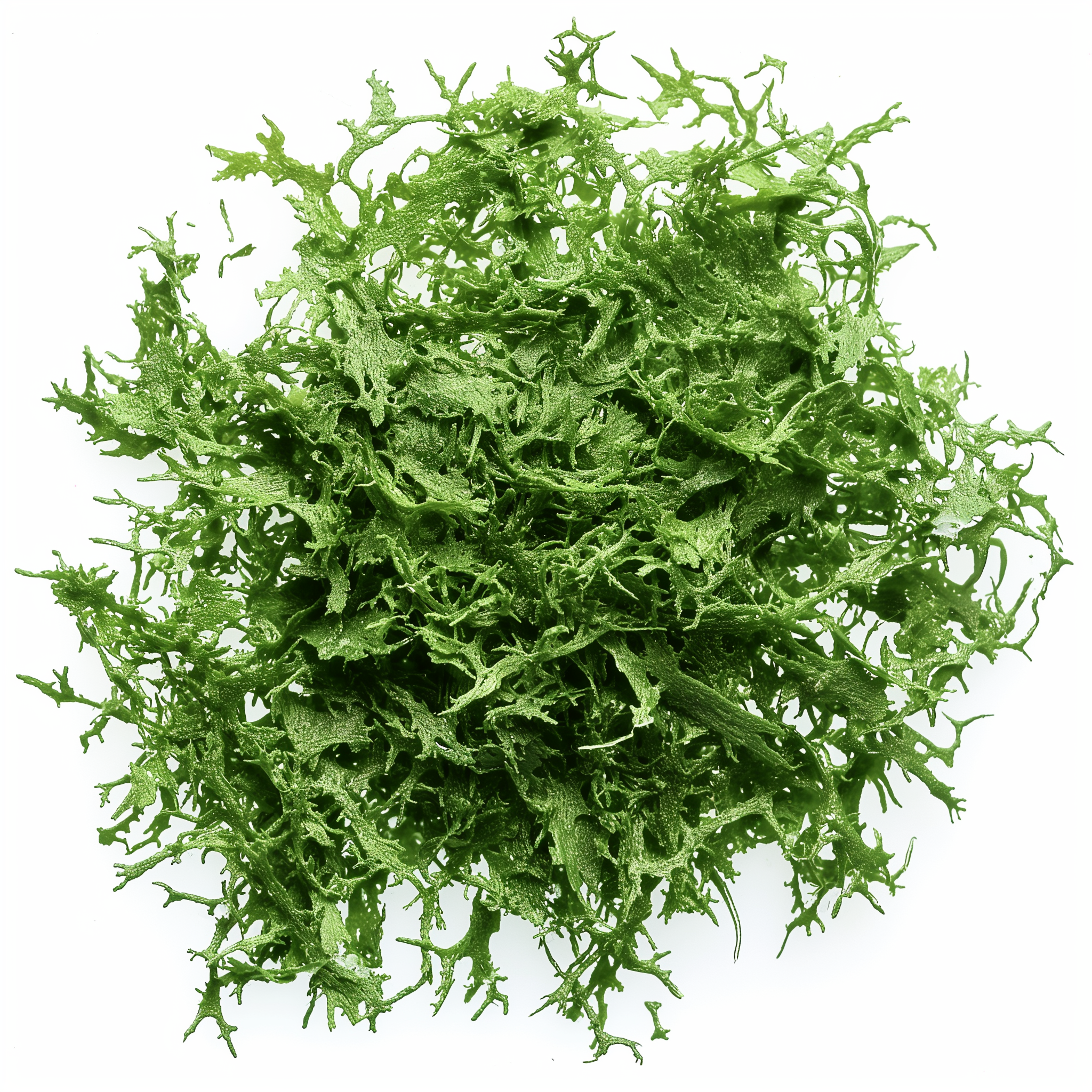
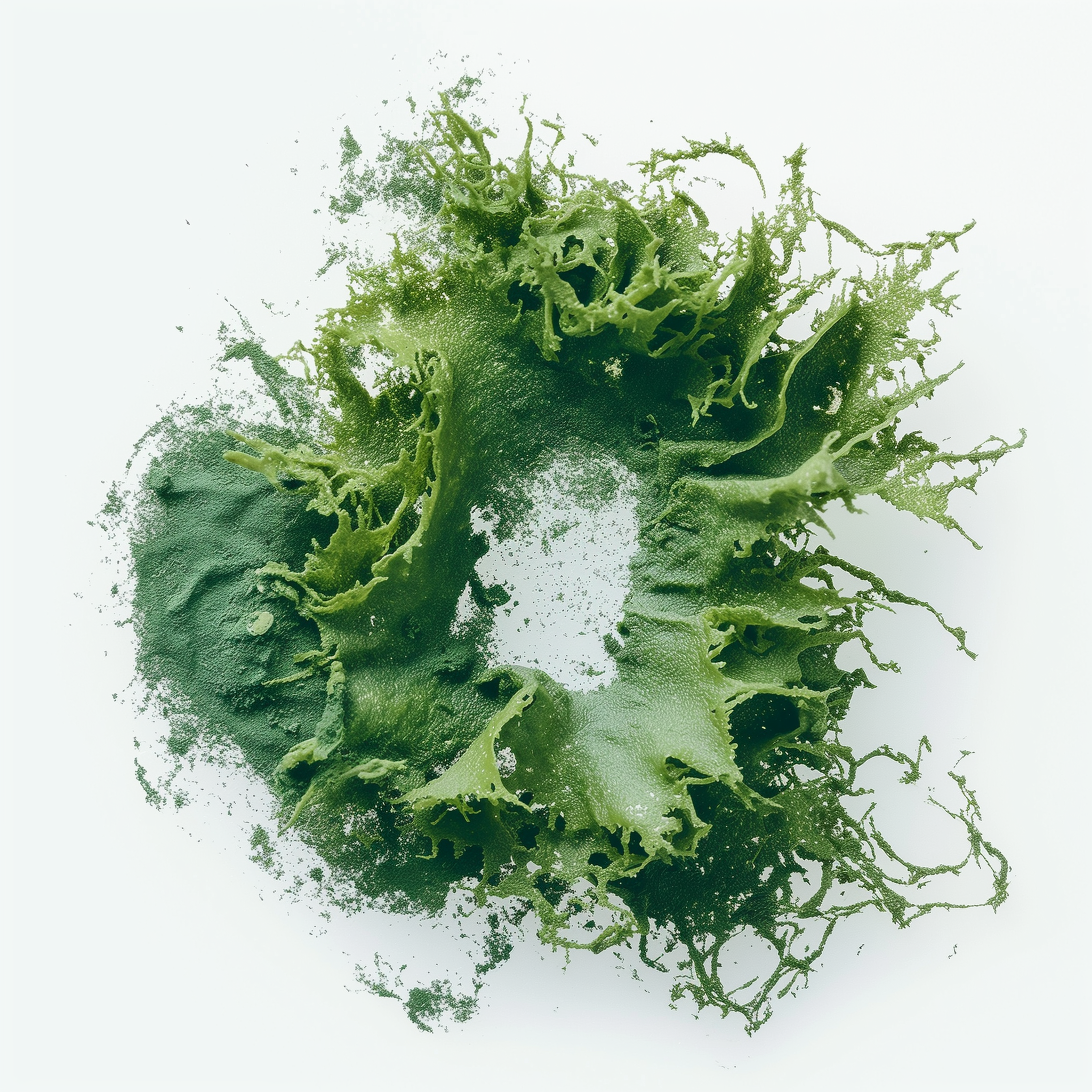
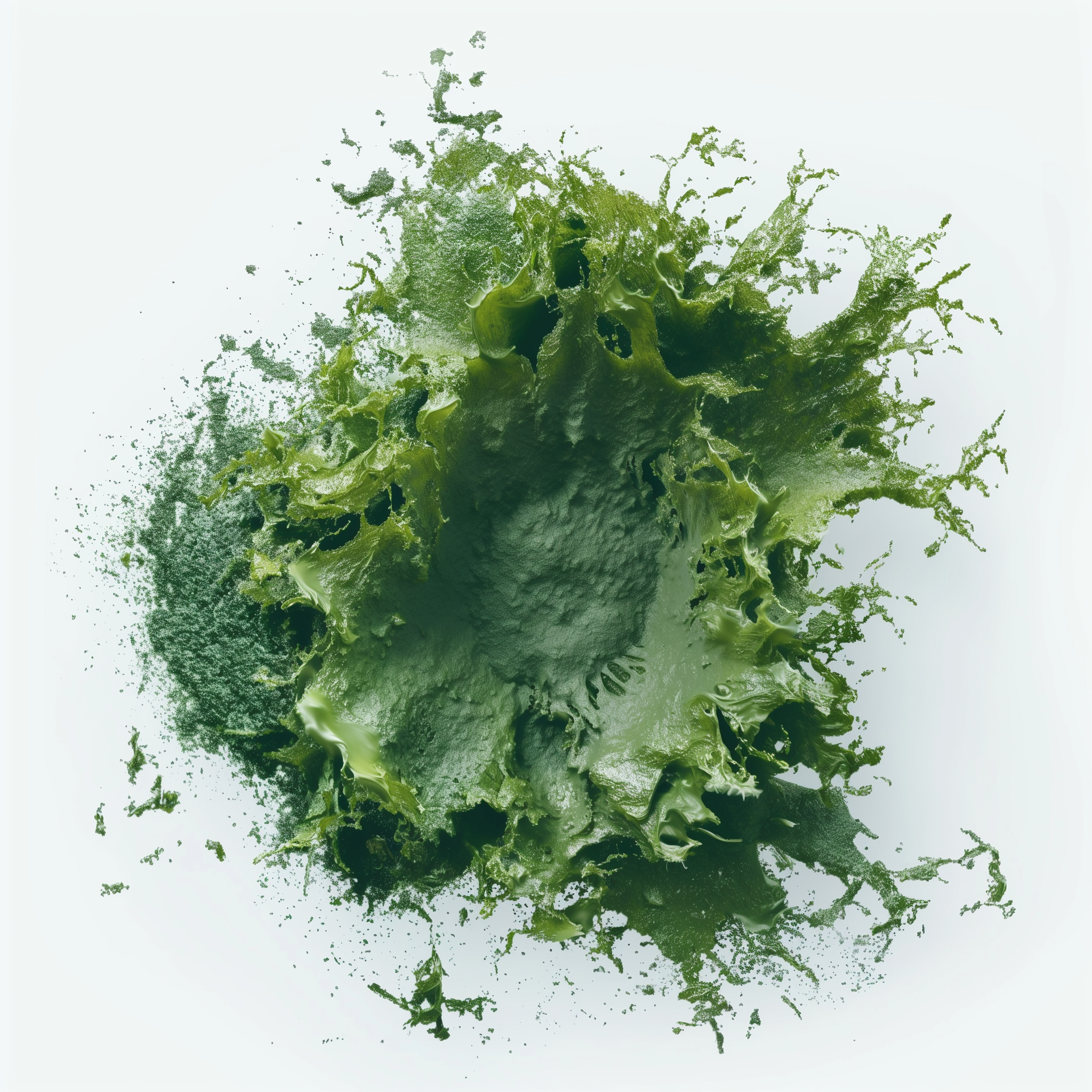

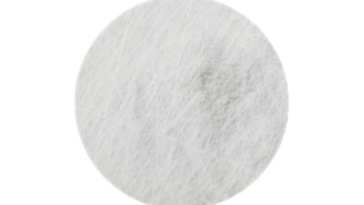
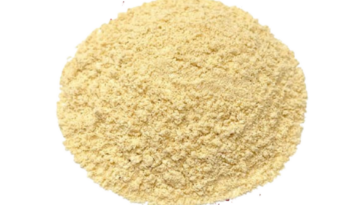
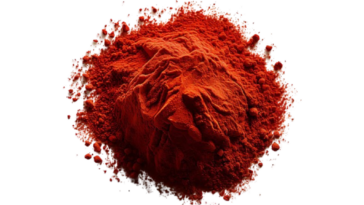
 No products in the cart.
No products in the cart.